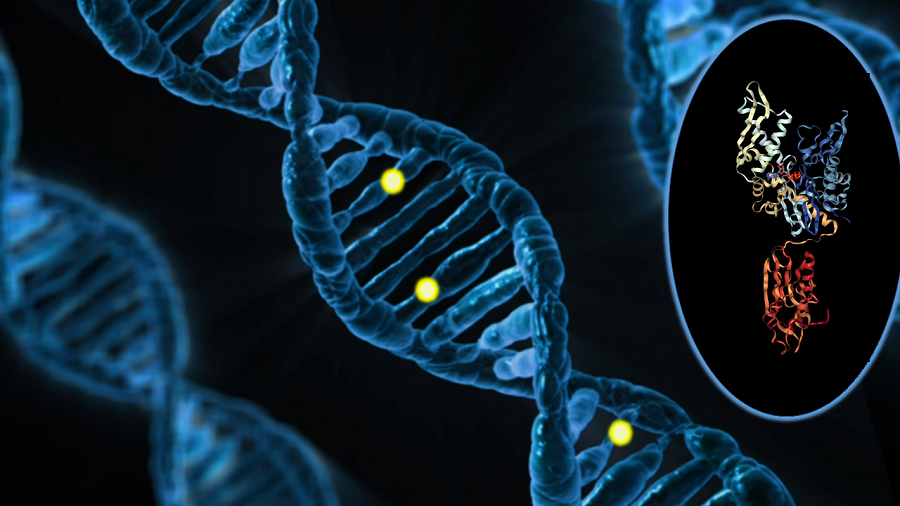Cancers with a Possible Bacterial Contributor
In light of the study showing that bacteria with a particular form of the protein DnaK can interfere with a cell’s response to DNA damage and the ability to repair such damage, I have been thinking about what kinds of cancers may have a bacterial cause or contribution. The one that the researchers studied to … Read more





